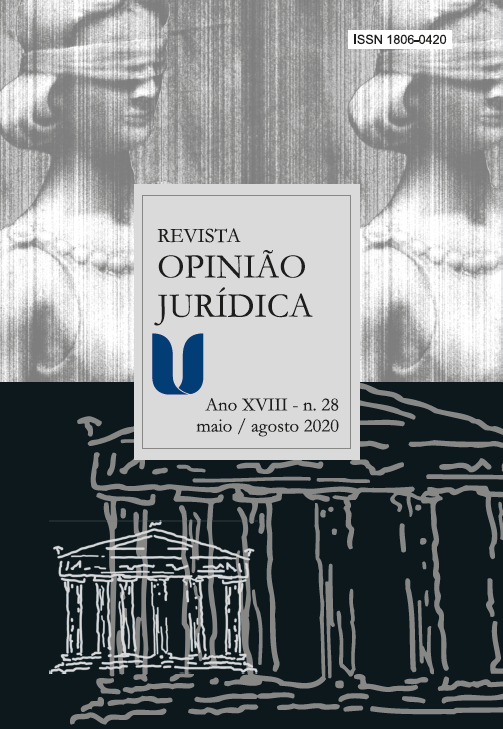Cryptocurrency manifestos: politicalideological elements in white papers and their consideration by regulators
DOI:
https://doi.org/10.12662/2447-6641oj.v18i28.p189-209.2020Keywords:
White Papers, Cryptocurrencies, RegulationAbstract
The article seeks to identify if cryptocurrency white papers bring purely technical positions. The research is justified on the growing discussion regarding the regulation of cryptocurrencies. Aside this discussion, there is a scenario in which cryptocurrencies seem to have emerged precisely from an attempt to move away from authoritative public control. At first, we analyzed the conceptualization of white papers, and their purposes. Subsequently, we evaluated the content of the cryptocurrency white papers with the highest market cap at the time of the esearch.
We identified the presence of political-ideological content coupled with the technical content in these documents. Finally, the presented result shows that political-ideological elements in white papers can serve the regulating agent in their decision-making process, either to decide whether or not to regulate, but also to define the limits of their performance.
Published
How to Cite
Issue
Section
License
CESSION OF COPYRIGHTS
The submission of articles to analysis for publication on Opinião Jurídica implies the author(s) transfers copyrights to Centro Universitário Christus – UNICHRISTUS for reproduction, publicizing, distribution, printing and publication, according to the Publication Norm 414R, Opin. Jur., Fortaleza, year 12, n. 16, p.1-414, Jan./Dec. 2014, costs to be bore by UNICHRISTUS, in whatever format or means that may or shall exist, in accordance to articles 49 and following of Federal Law 9.610/98.
1. In ceding copyrights, the author(s) agrees to do so in exclusivity, free of charge and for the totality of the work.
2. UNICHRISTUS may make the work, in its entirety or in parts, available for scholarly purposes, without altering its contents, except for small corrections that are deemed necessary.
3. The cession of copyrights is valid in all countries and for versions of the material in its original language or translated into a foreign language.
RESPONSIBILITY FOR THE CONTENT
By submitting an article, the author(s) declare to have sole responsibility for the content of the piece and is(are), therefore, responsible for any judicial or extrajudicial measures referring to it.
1. In case of joint authorship, all authors are considered collectively responsible, except when proved otherwise.



















